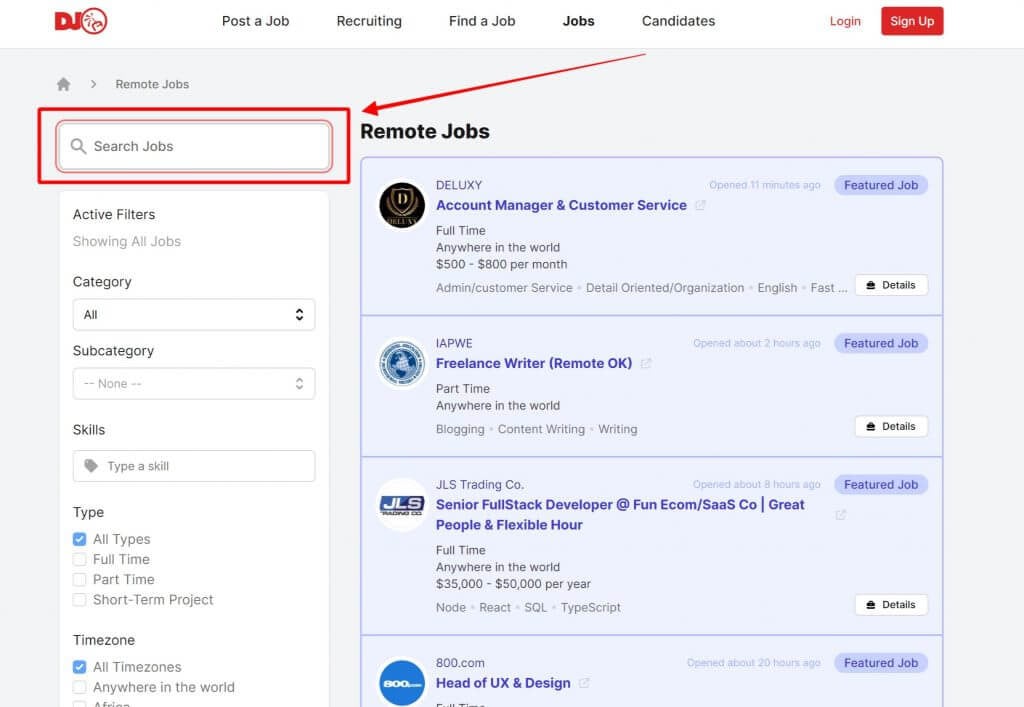How to Calculate Salaries for Remote Employees in 2022


With 16% of companies in the world being 100% remote, and more than 36 million Americans estimated to work remotely by 2025, it’s important for companies to know how to calculate salaries for remote employees in order to stay competitive in the job market.
Whether you are an HR professional or a Recruiter, this guide will help you navigate the process of establishing fair compensation for your remote workers.
The easiest way to stay ahead of your competitors in terms of securing the best talent is to have a strategy in place and to establish a compensation benchmark.
How to establish compensation benchmark for remote employees
The first step is to gather information about salaries, taking into consideration the roles that you will need to hire for, your geographical location or the location that you target for new remote employees, industry, and the size of your company. When gathering this data, it’s important to also consider seniority and education level.
If you don’t know where to start, the Dynamite Jobs platform is the perfect place to begin getting to know more about what other companies pay, based on industry, role, location, and skills.
Another platform that can be useful is Glassdoor, which includes a great tool to perform research on salaries based on job title or company name, and location (city or country).
This will allow you to set a range of salaries for each role, the minimum, and maximum that the market offers.
Once you gather this data, according to PayScale, it’s also important to know how you want to position your company relative to its competition.
In order to do that, you need to have answers to the following questions:
- Who is your competition?
- What are the goals of your compensation strategy?
Your competition is a company or similar companies that activate in the same field, are similar in size, and hire in the same markets that you do.
Your goals regarding your compensation strategy could be securing the best talent (regardless of the rate), securing qualified talent on a budget (from markets that usually offer lower pay). While the latter might not be the best strategy long-term, it can make sense for a small-sized company that is just getting started and does not have a very high payroll budget.
Once you have answered these questions, you will be able to know where in that range you want to position your company.
The minimum of the range tells you what is the least that you need to pay in order to hire a qualified person for the job, and the maximum of the range is the highest salary that you are willing to pay for that role.

Is there a formula to calculate salaries for remote workers?
While establishing a compensation benchmark is a great first step in making sure that your company is competitive, there are formulas that other companies are using to pay remote employees, that you can copy too.
Buffer Salary Formula
Buffer is one of the most known companies in the Technology industry and one of the reasons for its fame is not its size (less than 150 employees), but its competitive pay to remote employees, regardless of their location.
Buffer’s formula is very straightforward:
[(Role x Experience) + Choice] x Loyalty = Salary
The Role is comprised of several components which are the Overall base or Benchmark + Location base + Cost of living.
The team at Buffer calculate experience based on four tiers, as follows:
- Beginner: 1x (0-1 years)
- Intermediate: 1.1x (1-3 years)
- Advanced: 1.2 x (3-5 years)
- Master: 1.3 x (more than 5 years)
The Choice factor is company-specific, which lets its employees choose to either get an extra salary or stock with their compensation package.
Buffer also compensates loyal employees by providing an extra 5% to their salary for each year with the company.
While Buffer’s formula might not work for all companies, you can keep it simple by just using the following:
Role x Experience = Salary
For example, let’s say that you are looking to hire a Full-Stack Developer and you wish to look in North America.
The range for North America for a Full-Stack Developer is 150k to 250k per year, based on the salaries provided by companies that use Dynamite Jobs to hire new remote talent.
Let’s say that you have established your benchmark at 180k and that you are looking for someone with 4 years of experience. Based on Buffer’s salary formula, that falls under Advanced, which means that you should multiply your Benchmark by 1.2x.
Your formula would look like this:
180,000 (Role) x 1.2 (Experience) = 216,000k (Annual salary)
This is a great formula to calculate salaries for remote workers in order to stay competitive and ensure you hire the best talent out there.
Basecamp Salary Formula
Basecamp is the pioneer of remote work, running a fully remote company for more than 20 years, on top of literally writing the book “Remote – Office not required”.
Basecamp made the headlines by paying their employees the same salary based on role and seniority only.
While it’s not really a formula, many companies take this approach, which simplifies recruitment, while it ensures employee satisfaction and avoids discrimination.
How to get started calculating the salary for your remote role?
First, see what’s happening in the industry and with other similar roles.
Search for the title job title or browse by job categories. You’ll find plenty of real, example job posts that publicly list the salary.

More questions about remote hiring?
Related Posts:


Featured Remote Jobs
 New Job! Featured Job Remote Job
New Job! Featured Job Remote Job New Job! Featured Job Remote Job
New Job! Featured Job Remote Job New Job! Featured Job Remote Job
New Job! Featured Job Remote Job New Job! Featured Job Remote Job
New Job! Featured Job Remote Job Closes in 10 days Featured Job Remote Job
Closes in 10 days Featured Job Remote Job Closes in 7 days Featured Job Remote Job
Closes in 7 days Featured Job Remote Job Closes in 3 days Featured Job Remote Job
Closes in 3 days Featured Job Remote Job Closes in 2 days Featured Job Remote Job
Closes in 2 days Featured Job Remote Job
